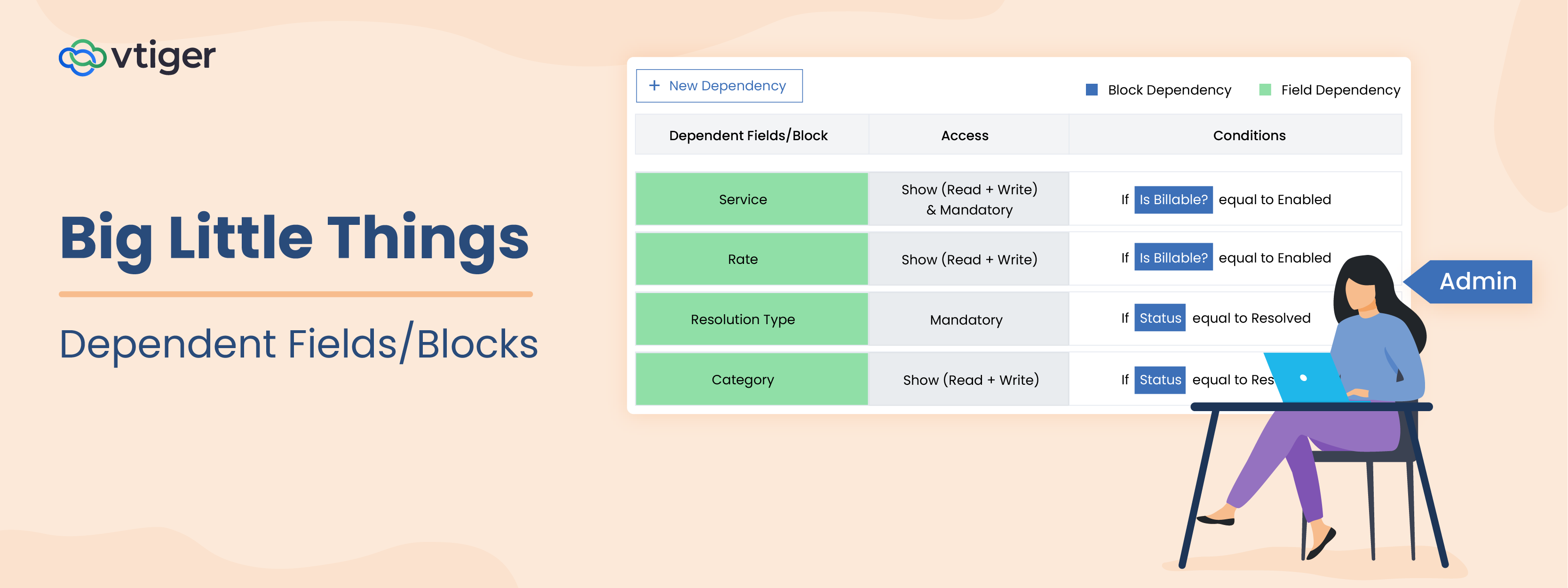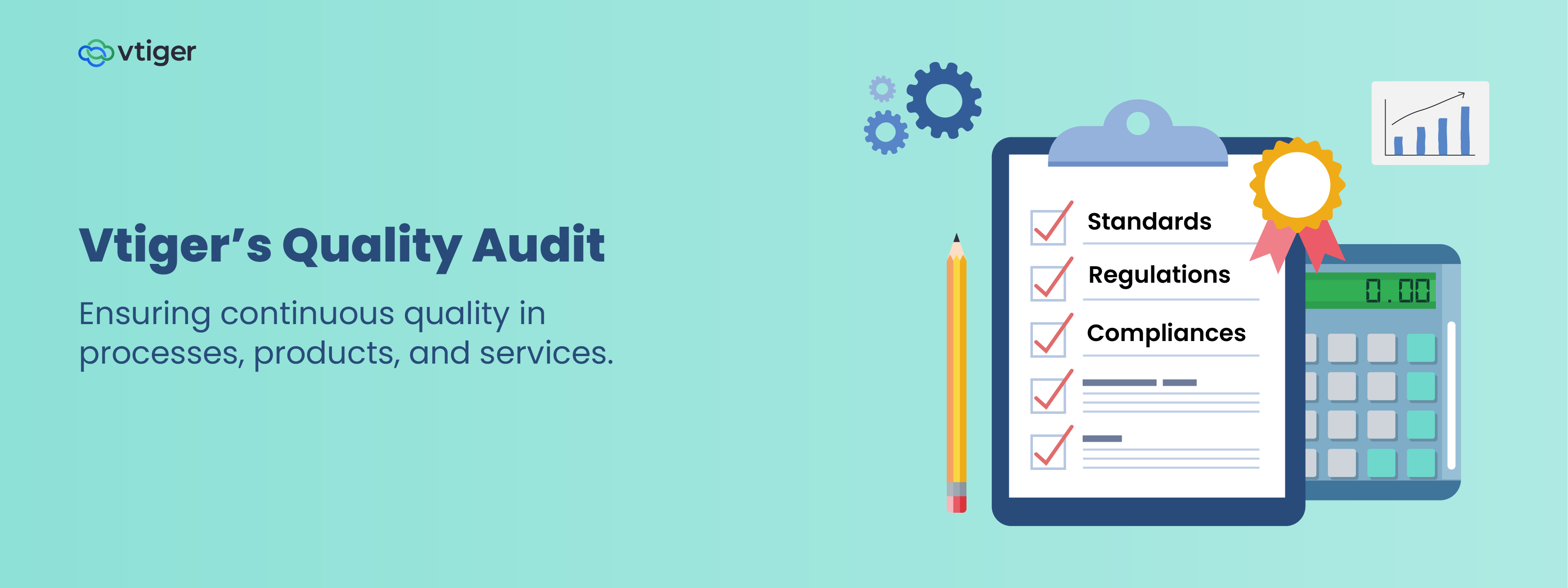John T talks about the challenges he faced in his first job and how he overcame them.
‘In one of my first job roles, I had to approach my manager because I was having difficulty understanding some of the processes used. I was hesitant to admit that I didn’t understand something in my first job. My manager was incredibly understanding and set me up with a buddy who had worked at the company for several years. Shadowing my colleague and seeing how they had set up checklists for following protocols helped me develop an approach that suited me. I learned a lot from this experience and, since then, have always asked for help when needed.’
Let us accept it. We all face challenges at the workplace!
Be it with our managers, co-workers, or even with management. We, at times, fail to develop cordial relationships with them and it is so interrelated that we mess up our work ethics and values and begin compromising on the standards of work.
People at all levels in the workplace face challenges according to their level of experience and exposure. Crossing each level of obstacle in a career has become quite challenging. One’s social, economic, political, and cultural background also plays a role in the kind of challenges one faces at work.
A workplace challenge is typically anything that prevents you from succeeding in the work environment. These experiences can be because of several factors; for example, different personalities in the workplace, competing goals, lack of expertise, or varying management styles.
Let us now see some of the common problems faced at the workplace.
- Communication and Relationships
- New Role Challenges
- Lack of Training
- Interpersonal Challenges
- Workplace Environment Issues
- Remain calm and positive to find solutions
- Speak Up for Yourself
- Set achievable goals
- Take every challenge as an opportunity
- Being honest about your capabilities
1. Communication and Relationships
Communication has become a key factor in maintaining our relationships at the workplace. But we must understand that a person’s personality also has a role to play in this. There are two different types of people in the world – introverts and extroverts.
Introverts are mostly reserved people and don’t mingle easily. They are also overthinkers. And hence take a lot of time to analyze the situation and start speaking up. This is often misunderstood as a lack of communication skills, and naturally, challenges start building up on them. After a certain point, they start feeling that relationships are getting toxic in the workplace.
On the other side, extroverts are go-getters. They are naturally talkative and social beings. They can speak up for themselves and easily ask for help if they are facing any challenges. This helps them resolve issues and maintain work relationships as well.
2. New Job Role Challenges
Not many of us are accustomed to adapting to changes easily. Taking up new roles involves a lot of challenges, like understanding new procedures, new targets, management style, and developing new relationships. You need to talk to your manager to understand your new responsibilities and plan how well you will be able to achieve them.
3. Lack of Training
Innovation and Technology is changing at a rapid pace. Thus there is a constant need for training and development, without which things can become too hard to handle. Effective real-time upskilling is becoming more and more important. When you fail to train your workforce, you naturally fall under the risk of facing constant challenges.
4. Interpersonal Issues
These are about specific persons at work whom you find hard to deal with. Their personal problems might reflect in work and in turn, affect you and your work. In such a case, you need to sort out by discussing what best can be done mutually by arriving at a solution that helps both of you to perform well.
It is always better to have an honest and open-minded discussion. If necessary, the company’s HR team can resolve issues by addressing issues separately and finding the best solution to both of your problems.
5. Work Environment Issues
The workplace environment should be supportive and must welcome freedom of speech. On the other side, if it is an authoritative style of management, things will not work as expected long-term. People will naturally feel suppressed and will not perform well at work employee retention will become challenging even with the best talents.
A 2020 HR survey by Gartner found that nearly a quarter of all Australian employees are actively looking for new career opportunities.
According to the Australia Talks National Survey 2021, 27% of Australians are somewhat or very concerned they might lose their jobs in the next 12 months.
So far, we have understood the challenges faced at the workplace. We can overcome challenges by adopting certain techniques and applying them on a day-to-day basis to see the difference ourselves.
Let us now see how we can overcome them.
1. Remain calm and positive to find solutions
Staying calm helps us analyze the situation and find solutions for the challenges we are facing. Also, it helps us to think out of the box and deal with conflicts in the workplace. Have a positive outlook on life and appreciate wherever you are in life!
2. Speak up for Yourself
It is important to ask for help as you may not have answers for all the problems you face. You will only be delayed in finding a solution if you do not speak up for yourself. This can also put you under mental stress.
Hence, you have to reach out to as many people as you know with expertise in handling similar situations in the past and how they overcame them. This will provide you with different solutions and you can pick up what best suits you.
3. Set achievable goals
It is important to set small achievable goals. Try dividing big challenges into smaller pieces and start fixing one after the other instead of doing it all at once. This can help you in tracking and progression of your project.
4. Take every challenge as an opportunity
When you face a challenge at the workplace, it is important how you view the challenge. If you see it as a hindrance, you will never be able to overcome it. Instead, if you can see it as an opportunity, you will be able to learn and grow from that challenge. This will help you develop problem-solving skills and become more confident.
5. Understand your strengths and weaknesses
You must be aware of your own strengths and weaknesses to overcome challenges. By understanding your capabilities, you can determine if you feel confident in handling the challenges all by yourself or if you would need further support.
6. Seek Help
It is nice to be independent and deal with our problems ourselves without much help. But it does not work like that all the time. At times, when things go beyond your control, you don’t have to burden yourself by not seeking help. This will cost you your mental health, relationships and lead to unnecessary health issues.
Instead, you can have an open and honest discussion with family, friends, and people you trust. You can undergo counseling with experts and they will help you find solutions for all your problems.
Click the below link to read other blogs to be productive



